Chef Serigne Mbaye connects Senegal and New Orleans at his new tasting menu restaurant Dakar Nola Tasting menus used to be a thing of past, but over the past few years, they’ve made a resurgence. Big cities like New York, San Francisco and Washington, D.C. are breathing new life into a style of dining that once seemed confining. That’s exactly what Chef Serigne Mbaye is doing in New Orleans at Dakar Nola, at just 29 years-old. Honoring the capital of Senegal, Dakar Nola serves traditional Senegalese cuisine through a seven-course tasting menu (Wednesday nights offer a prix fixe $50, 3-course menu). Mbaye, nominated twice by the James Beard Foundation for Best Emerging Chef, was born in Harlem but lived most of his youth in Senegal, West Africa, where his Mother was born. “Being nominated twice solidified that the work that we’re doing is important,” Mbaye said. “People want to hear what we have to offer.” The ‘we’ being business partner Effie Richardson. Born in California to Ghanaian parents, Richardson witnessed Mbaye’s passion while he was working pop-ups at the Southern Food and Beverage Museum (SOFAB). The two connected immediately over food. Now they’re running Dakar Nola like it’s second nature. Landing in the Crescent CityMbaye attended culinary school at the former New England Culinary Institute. He decided to return home to Senegal once he graduated to help build a school for orphans in Gambia, with New Orleans mission group Giving Hope. It was a chance encounter at the airport that changed everything. Cliff Ragan Hall, co-founder of the New Orleans Fish House, was also doing mission work with Giving Hope. The two got to know each other, and Hall offered an olive branch to Mbaye. Through his friend, former Commander’s Palace Executive Chef Tory McPhail, there would be a job waiting for him at the iconic Commander’s Palace. Mbaye accepted the offer. He worked through every kitchen position at Commander’s in four months until he became the PM Sous Chef at the former Café Adelaide. Then he worked at SoBou, and helped open Picnic, Provisions & Whiskey. Next, he headed to San Francisco to work at 3 Michelin-star restaurant Ateleir Crenn, and then, the former 2 Michelin-star restaurant L’Atelier de Joël Robuchon in New York. He returned to New Orleans and started doing food pop-ups at SOFAB during the pandemic. He collaborated for dinner series with notable New Orleans chefs, like Chef Micheal Gullota of Maypop and Chef Nina Compton of Bywater American Bistro, among many others. Eventually, he landed as Chef de Cuisine at the popular Mosquito Supper Club. The communal, multi-course tasting menu restaurant gave Mbaye a place to thrive. Chef Melissa Martin encouraged him to use her restaurant as a platform for Dakar Nola. “I’ve always dreamed of opening a restaurant,” Mbaye said. “Working at the Mosquito Supper Club made me realize how it could be possible.”
|
About the Blog Archives
April 2024
Categories |



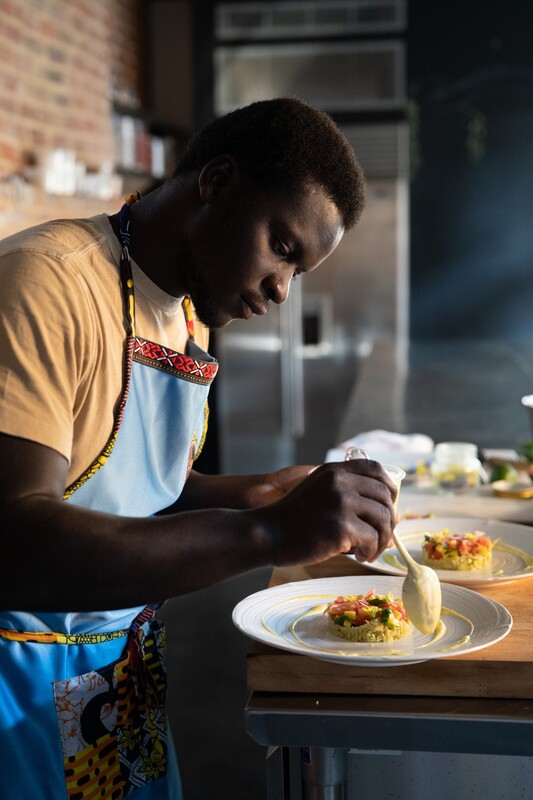
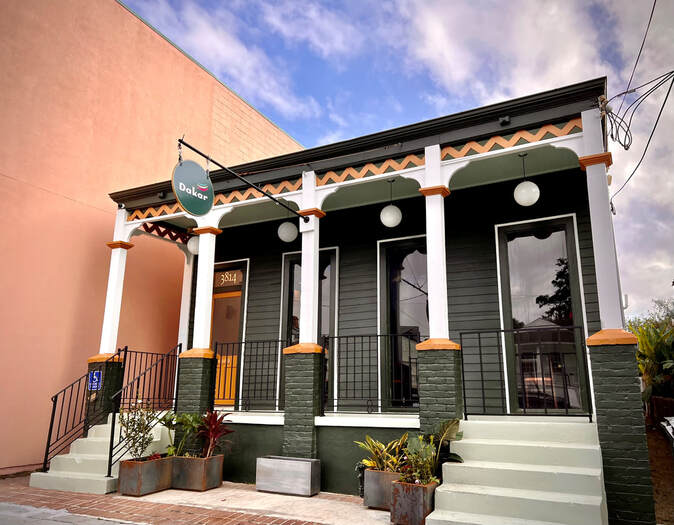
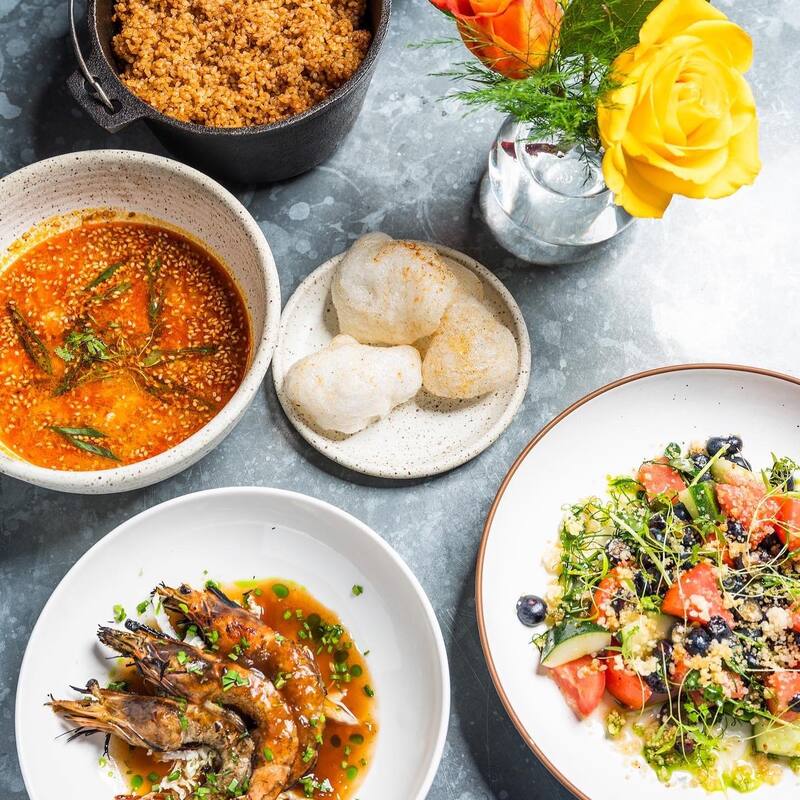
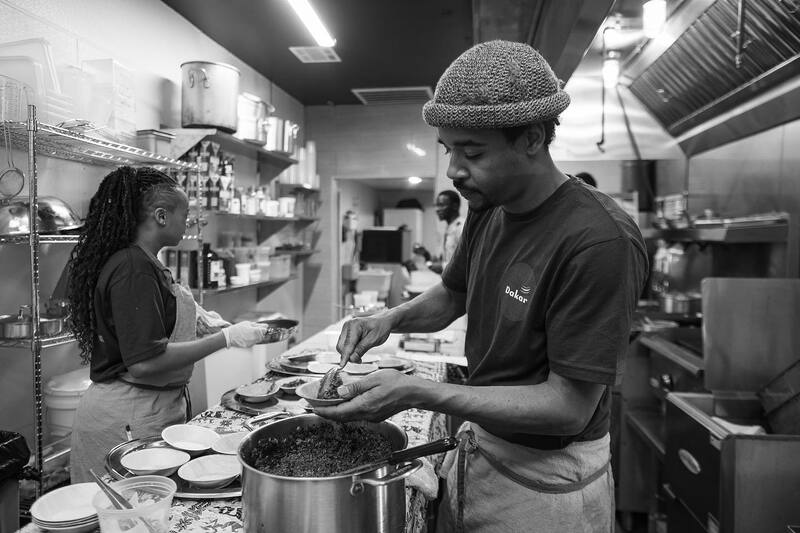
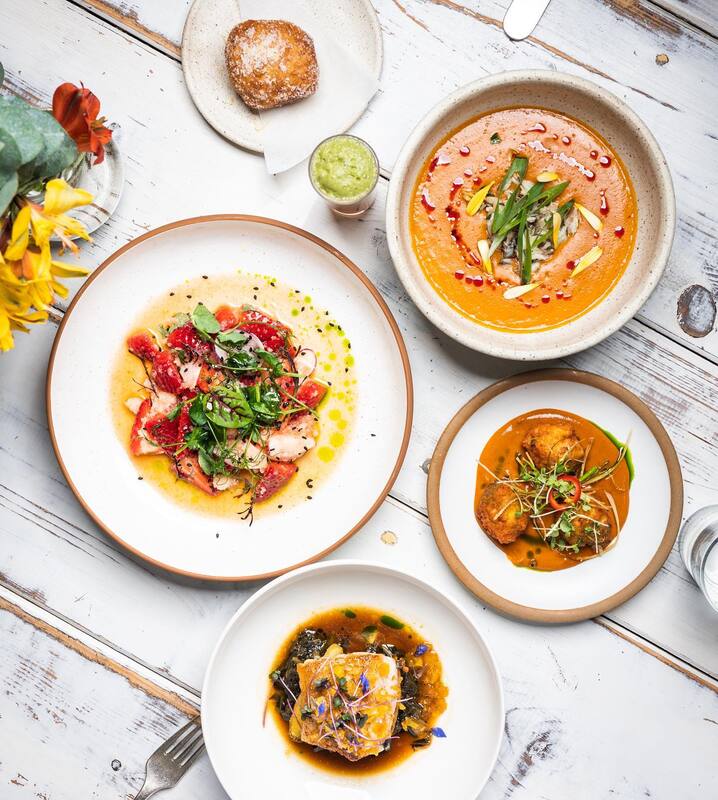
 RSS Feed
RSS Feed
